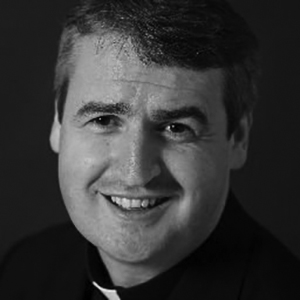
To understand Pope Francis, one might do well to begin with his papal motto, Miserando atque eligendo (“having mercy and choosing”), which is borrowed from a commentary on the Gospels—specifically, the story of Jesus calling Matthew, the tax collector, to be his disciple.
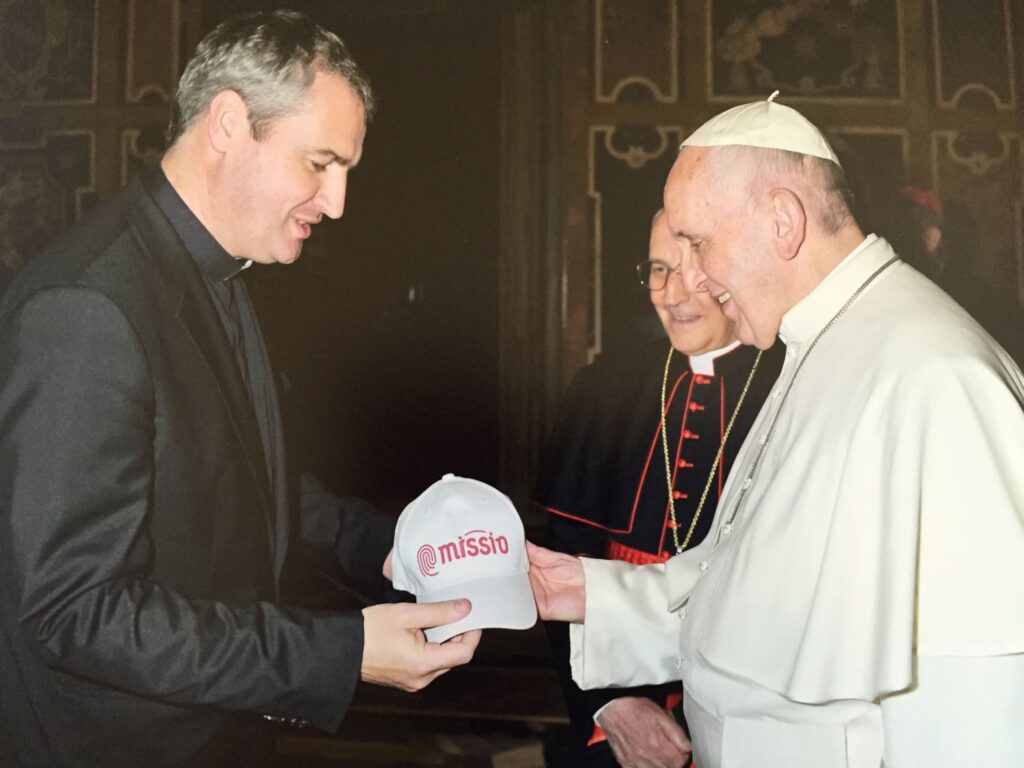
Matthew was a finance professional of his time. While Jewish, he operated in the milieu of the conquering Roman Empire in collecting taxes from the people. Matthew might have convinced himself that he was performing a valuable financial service for his community. But Jesus himself does not shy away from calling Matthew a “sinner.” Jesus’ command to Matthew to “follow him” was scandalous precisely because tax collectors had an awful reputation and were known for cheating their co-religionists out of their money.
Two thousand years later, the finance profession is held in no greater esteem—and not without reason. Ethics has been emphasized by regulatory bodies, trade groups, and professional organizations over the years, but that still hasn’t completely disabused investors of the notion that finance professionals are making a free buck at their expense. Increasingly aware that their trusted financial advisor was first and foremost a salesperson, retail investors have started to push for flat-fee arrangements, and the fiduciary rule appears set to expand in the near future.
There is a wholesome push now to build up a partnership between investor and advisor, and to do what’s right within the world of finance to help build up trust between parties. Not coincidentally, there is a similar push to do what’s right in the investments themselves. Responsible investing, broadly considered, is an effort to extend ethical principles into the very decision of what investments to pursue. Responsible investing can take on any number of forms, from negative screens to impact investing, but the goal is the same: consistency between one’s beliefs and one’s portfolio, and consequently to build up a relationship of trust between the investor and society at large.
Yet today, the disconnect between markets and the real economy could not be more pronounced. Since 2009, markets have had their longest bull run in history, but the benefits have not been shared equally. By many measures of inequality, society has regressed. Low interest rates, while they might benefit the wealthy risk-taker, only indirectly benefit the hourly-wage employee with barely enough money to pay for food, rent, and child care. With very few assets to post as collateral and with risky credit profiles, the poor would be lucky to have access to cheap loans or lines of credit. Meanwhile, they earn little interest on any money they do manage to save.
Even today, despite 40 million people out of work due to the COVID-19 pandemic, the S&P 500 has quickly rallied from its pandemic lows. While one might easily argue that the stock market is definitely not the entire economy, a perspective informed by the Christian faith would find this discrepancy grating on the conscience. How is it that those with assets continue to benefit while tens of millions are struggling more than ever?
Investing is rarely associated with justice or mercy, and therein lies the problem. If each economic activity is a moral one, no investment is value-neutral. Pope Benedict summarized Pope John Paul II’s teaching on the subject in this way: “Investment always has moral, as well as economic significance.” Pope Francis put it this way: “Each meaningful economic decision made in one part of the world has repercussions everywhere else.” The difficulty of assessing such impacts does not excuse unethical investing, but only underscores the need for great honesty and transparency from businesses and—just as one example—the valuable work that many ESG ratings agencies are currently undertaking.
Francis explains that it is possible to direct our modern sophistication and technology toward an investment program that is inherently merciful. Like Jesus in the Gospel, finance professionals must also “choose and show mercy.” Billions of people depend on a healthy economy, a well-functioning financial system, and a society that is inclusive—in other words, one that advances human development. Everyone benefits when our financial system, from top to bottom, reflects a merciful, person-centric approach. This ultimately requires a concerted effort from all industry participants to build such a system, in a partnership between finance professionals and stakeholders.
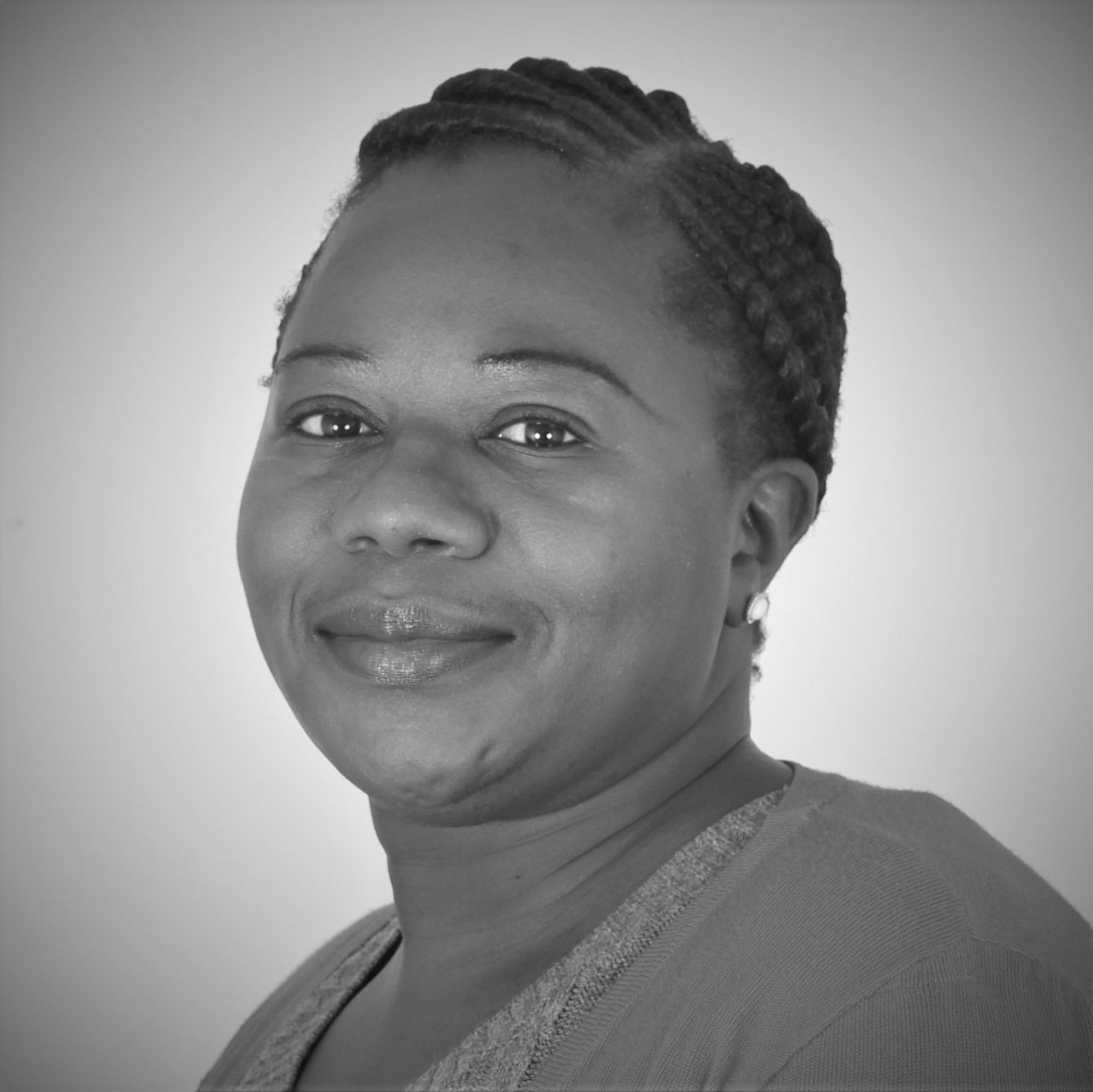
Development projects generally require the investor to map out the terms, based on experience and lessons draw from similar initiatives in the past. Experience and global best practices are necessary, of course, in determining the type of financing, the duration of your commitment, the risk management strategy, and the exit plan.
Inevitably, however, a challenge occurs that is very local in nature. When this happens the local project leaders are likely to be the most knowledgeable about what to do. This could be a challenge from weather disruption, local cultural influences — or, as happened most recently, a pandemic that, though global, has had unique repercussions in every corner of the world.
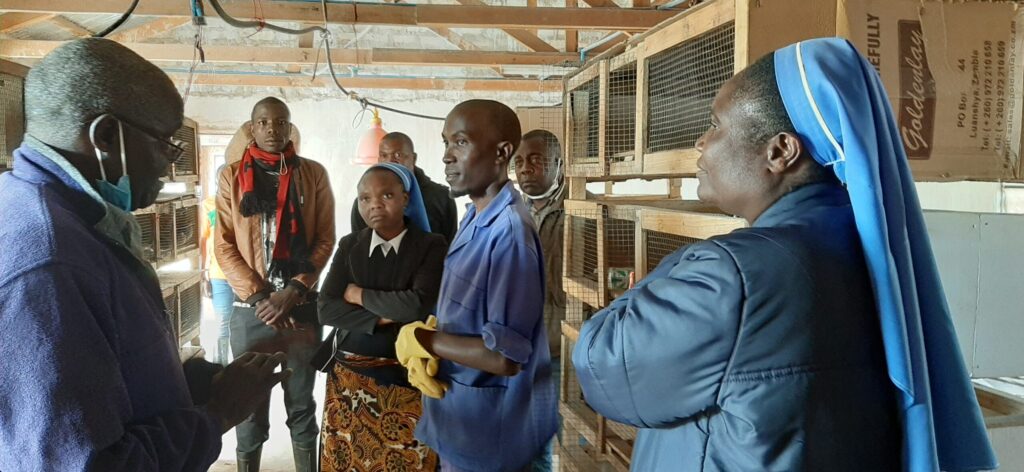
Missio Invest offered special grants to all of its investees to help in the COVID crisis, but investees decided on how to put the funds to use. The SCJ Farms committee discussed how they might mitigate the losses they faced from having to continue feeding their live chickens while losing income from the sales to schools. The plan they came up with was to use the funds to invest in more refrigerators which would allow them to get chickens to market at a slower pace. It turned out that they were able to sell the chickens at a better price than they had been getting when they sold them live.
This is an emergency plan that requires the kind of first-hand knowledge that only a local partner can provide. An investor who is seeking to provide transformative change — rather than just transactional capital — can’t expect to effect such changes from behind a desk in a faraway urban financial center. It’s the day-to-day decision making by those on the ground that ultimately determines the impact and the success of the project.
The Marist Brothers Farm (MBF) in Dedza, Malawi, faced another issue when the pandemic struck: they were about to bring in a harvest, but workers were not showing up due to fear of the virus. For some, there was a stigma attached to farm work, due to local rumors that cattle, pigs, poultry and other farm animals were carriers of the coronavirus. To bring in the workers they needed, the MBF needed to educate the community about how the disease is spread, increase wages as an incentive, and introduce dual shifts.
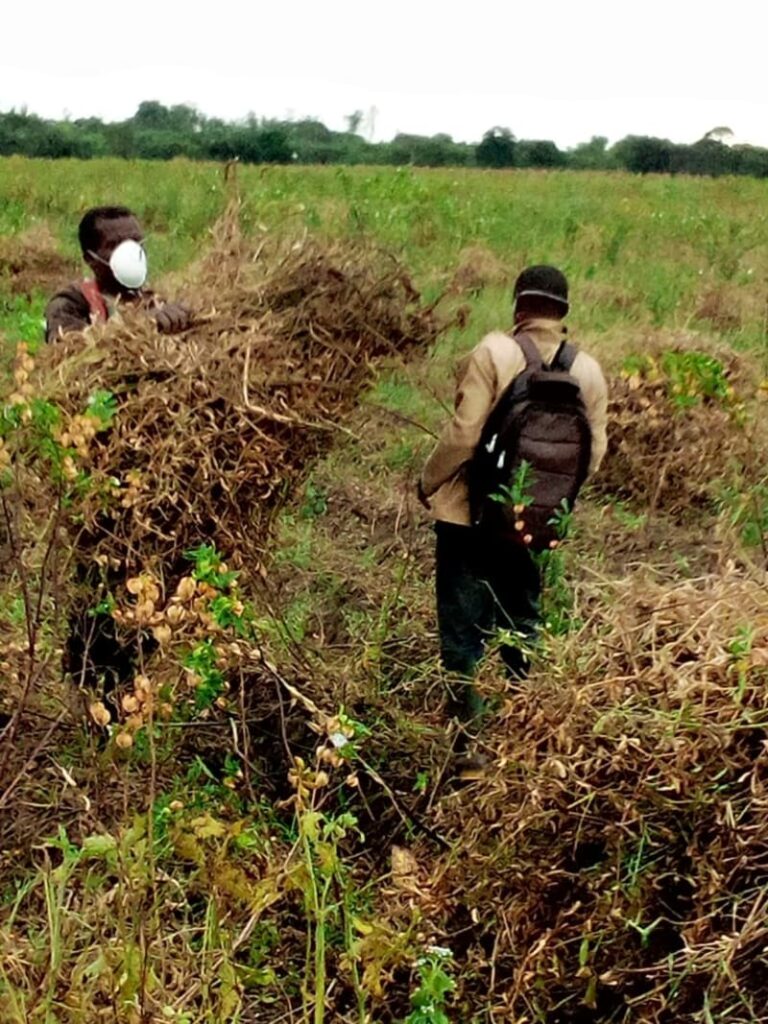
We recognize at Missio Invest that we can’t afford to write off our investments to local disruptions or a global health crisis. Nor does a strategy that works in one place necessarily work everywhere else. So we have to rely on our local partners to help determine how to solve problems head-on. At the same time, working with local partners this way is critical to maximizing the impact and bringing on transformative change. As we see it, when we combine our capital and technical training with the investees’ knowledge of what their communities most need, our investees gain the skills and resources they need to be resilient over the long term.
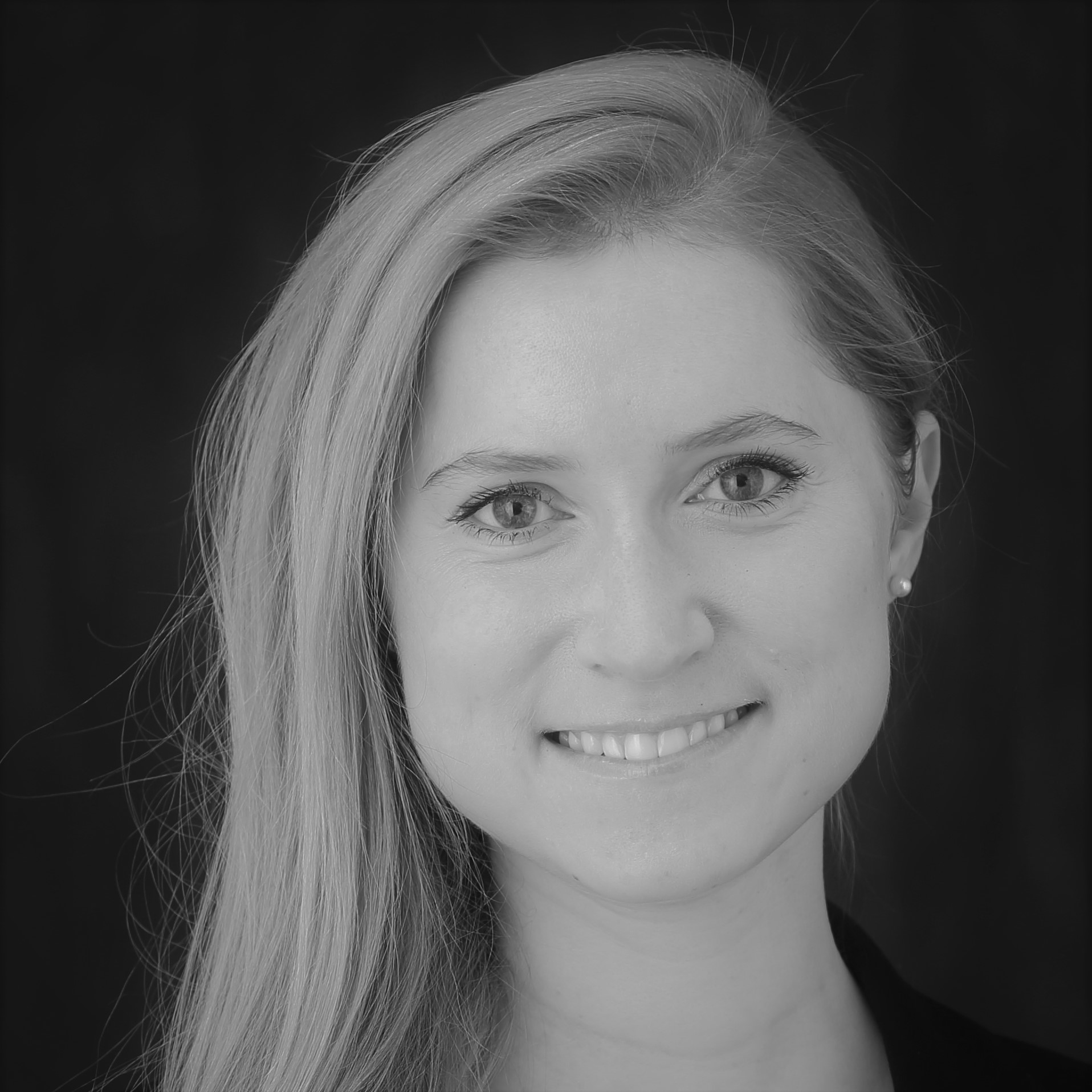
While the COVID crisis has affected all businesses, the high impact “nuntrepreneurs” in Missio Invest’s portfolio seem to have found a window of hope. The Missio Invest Social Impact Fund (MISIF) currently has 36 agribusinesses in the portfolio, 13 of which are owned by Sisters, and none of these small enterprises have considered shuttering operations. For many, in fact, business is booming. Half of all current borrowers have experienced minimal disruption and elected to maintain their original loan repayment schedules. Among the nuntrepreneurs, less than a third have taken Missio Invest’s offer for a COVID-19 payment moratorium, and a quarter have even made pre-payments on their loans.
Missio Invest has found that this long-term give-and-take with community stakeholders is essential to the resilience of Church-run businesses. Investees operate various social programs in their locality — healthcare, education, women’s counseling, and youth development, for example — and as such are an integral part of the communities they serve. Although each case is unique, five particular characteristics help insulate investees from unanticipated adverse events:
Across the globe, COVID-19 has wreaked havoc on global supply chains, disrupted access to markets, and severely threatened–or shuttered–many small businesses. The effects have been particularly devastating in emerging markets, where government assistance is less readily available and nationwide lockdowns are more restrictive due fragile health systems. In May, in a survey of small and growing businesses in emerging markets, the Aspen Network of Development Entrepreneurs (ANDE) found that 47% of businesses surveyed had already temporarily shut down operations and another 25% anticipated doing so. Women-owned businesses were among the hardest hit.
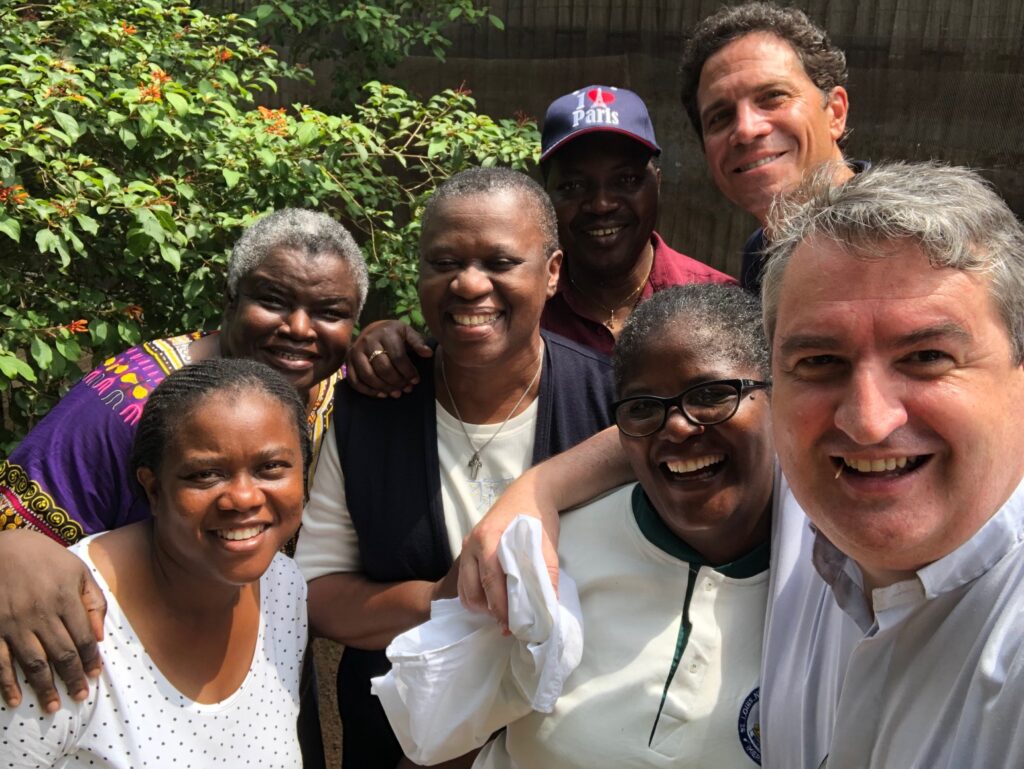
Copyright, Missio Invest
One such women-owned success story is the Sisters of Saint Louis Bautain Farm (SSLBF) in Ewulu, Delta State, Nigeria. Missio Invest issued the Sisters of St. Louis a $70,000 loan in December 2019 to fund expansion of their existing poultry, pork and cassava processing enterprises. In the ensuing months, the Sisters have proven their ability to weather a global crisis.
In late March 2020, the Nigerian government imposed COVID-19 lockdown measures restricting interstate movement of goods and limiting food importation. These regulations disrupted supply chains for foods such as fish, which could no longer be transported from seaports to inland states. To make the situation worse, Delta State was one of a number of state governments that imposed restrictions on local fishing activities and reduced hours for local markets. The result was a drop in supply so that fish, a staple food for many Nigerians, became prohibitively expensive for the large low-income population.
Sister Catherine Adelegan, director of Louis Bautain Farm, had an idea for a solution. Louis-Bautain Farm is a multi-enterprise agribusiness, operating a poultry unit with over 1,000 chickens, a five-acre cassava plantation and processing unit, and a piggery with over 500 pigs. Having sourced a sufficient supply of pig and chicken meal locally before the pandemic, Sister Catherine slaughtered and sold her pigs ahead of schedule, saving the most vulnerable members of her community from hunger. The result was a win-win-win: community members had access to affordable protein, Louis Bautain Farm had income to support the congregation’s five health facilities, and Sister Catherine had enough surplus income to pay interest on her Missio Invest loan ahead of schedule. Wisely anticipating the potential for future currency fluctuations, she even chose to pay more than the amount due, resulting in a pre-payment of principal.
The Sisters have developed close ties with the surrounding community. Recently, when they visited the local Obi (ruler) of Ewulu Land and his Council to tell them they had food staples to distribute to the neediest, the Obi expressed his gratitude for the Sisters’ long history of assisting his people and vowed that he would continue to support them and to ensure their safety.
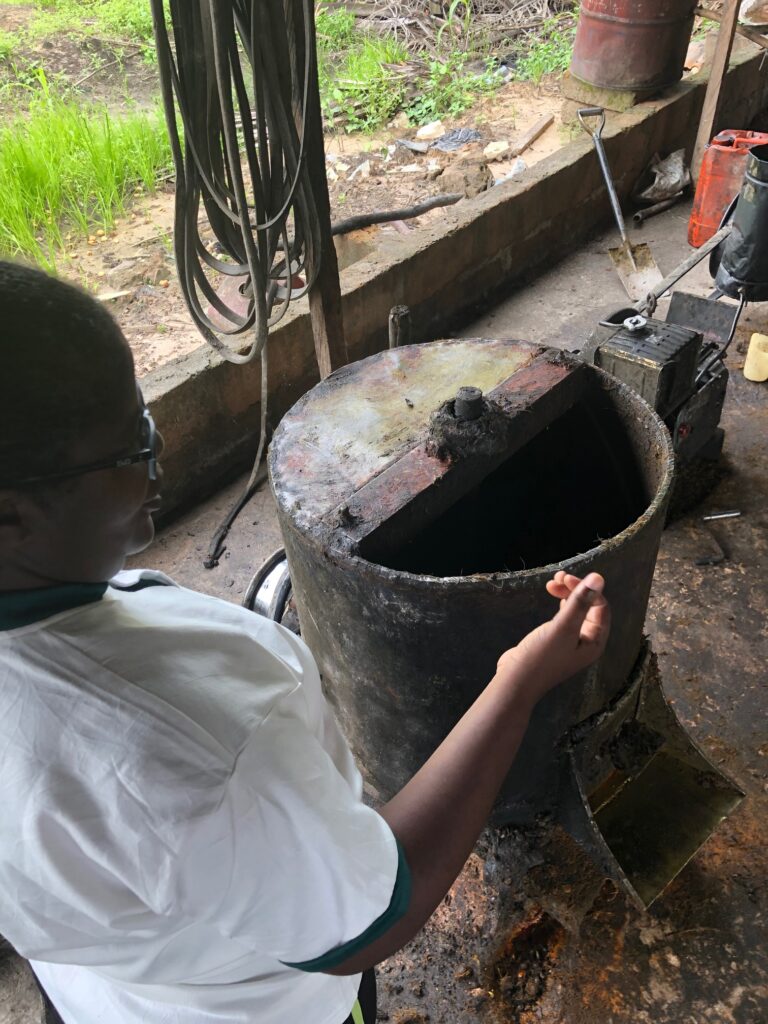
Copyright, Missio Invest
- Integration with local communities, which serve as customer bases and sources of labor in any economic cycle.
- Presence of resilient markets for produce through the global network of Church-operated schools, health facilities, and other social institutions.
- Diversification across several revenue-generating enterprises, which creates a cushion in the event of market disruptions to any one sector.
- Hyper-local solutions, which ensure that Missio Invest’s borrowers are not dependent on export markets and supply chains.
- Experience in managing business operations with limited resources during times of crisis. Many congregations were formed in poverty-stricken rural areas with the explicit purpose of finding ways to provide healthcare and education services where none existed, and they have retained their expertise in operating through difficult circumstances.
These factors have enabled many of Missio Invest’s portfolio agribusinesses to weather the COVID-1 9 storm. Investees like Sister Catherine and her farm in Nigeria provide living proof that, even in times of crisis, it is possible to do a lot of good with very little.
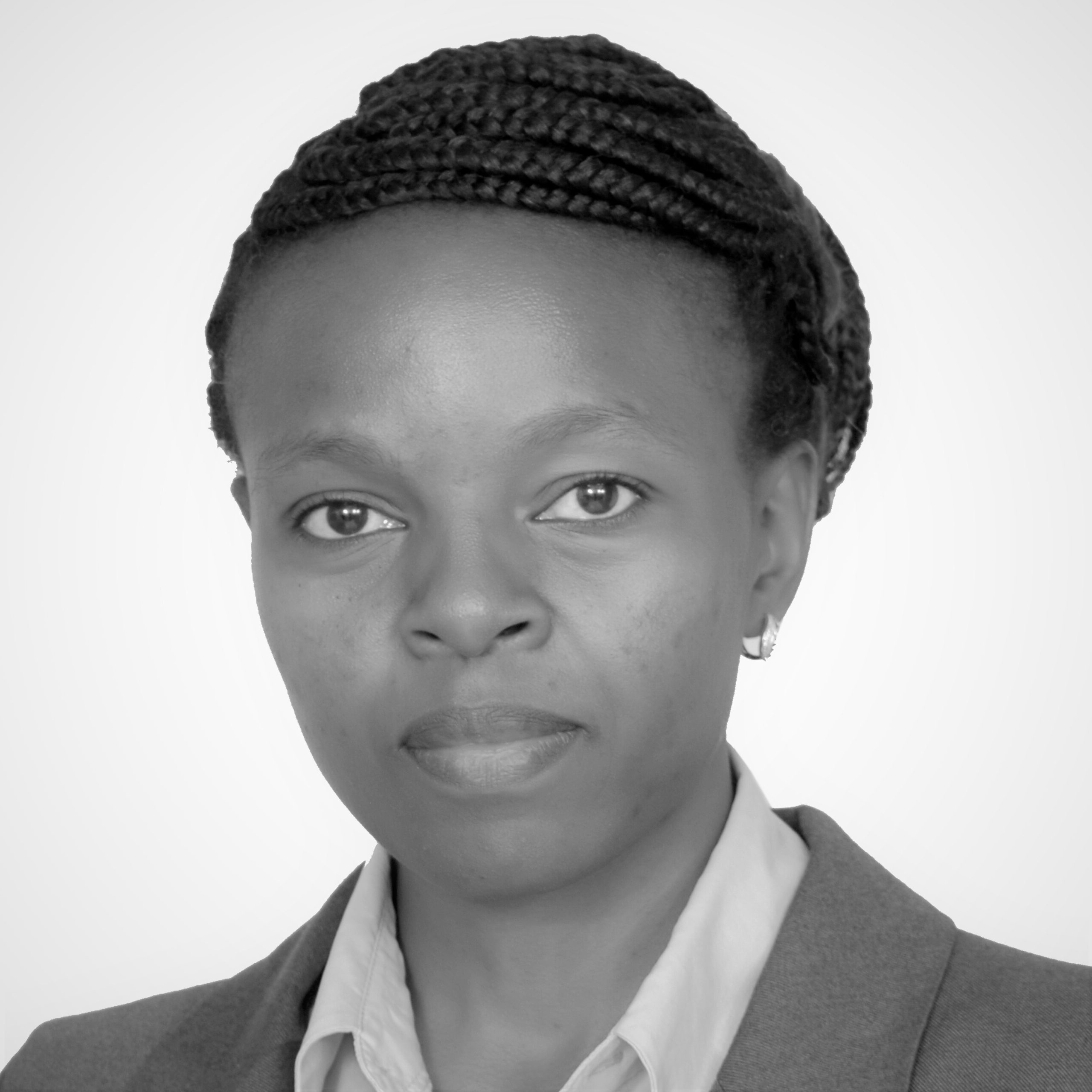
In September 2004, five Catholic Sisters gathered in St. Louis, MO with a mission to create an exhibition demonstrating how nuns had helped shape the history and culture of the United States. The show that resulted, “Women and Spirit: Catholic Sisters in America,” toured the U.S. between 2009 and 2012, with stops that included the Smithsonian, Notre Dame and Saint Mary’s College, and the Ellis Island Immigration Museum. It bore witness not just to the many acts of heroism carried out by Sisters over a nearly 300-year time-span, but also to the common Spirit that drove these women to live remarkable lives, often by creating oases of service to meet a pressing need at a given time in the nation’s history.
The exhibition was a tribute to pioneering women who helped build America’s health care, education and social services at a time when women didn’t have the right to vote. They raised funds to build schools, hospitals, orphanages and colleges before most women in the U.S. could legally own property, negotiate contracts, or acquire loans. They entered the workforce decades earlier than most women — during the Civil War, for example, when more than 600 Sisters served as nurses. During the Civil Rights Movement of the 1960s, nuns joined Martin Luther King in the voting rights marches in Selma, AL.
Standouts included Mother Alfred Moses, who helped develop the Mayo Clinic in response to a horrific tornado in Rochester, MN in 1883; Katherine Drexel, who founded Xavier University in 1915, then the only Catholic school for African Americans; and Carolyn Farrell, a Sister who in 1980 became the mayor of Dubuque, IA. However, such pioneers are not only to be found in history books and exhibitions. The same Spirit that inspired Mother Alfred and Katherine Drexel is alive and well among many religious Sisters in Africa today. Over the years, they too have raised funds to build hospitals, health clinics, schools, and children’s homes.
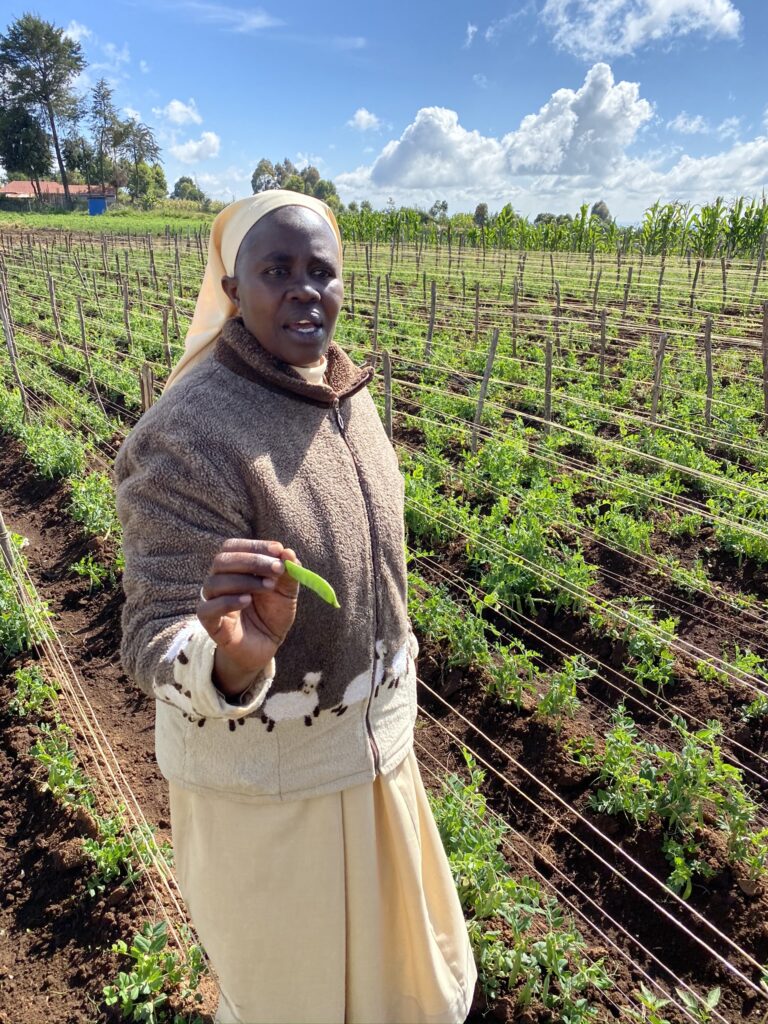
January, 2020
Take, for example, Sister Veronica Kiarie, a Little Sister of St Francis of Assisi known by her fellow Sisters as “Green Thumb.” She runs a medium-sized farm in the town of Molo, in Kenya, a venture that sprang from her passion to support the congregation’s social ministries, as well as to provide employment and drinking water to the neighboring community.
Sister Veronica’s congregation is an indigenous institute of Diocesan right. It was founded in May 1923 in Uganda by the late Mother Mary Kevin Kearney, a Franciscan Missionary for Africa, based on the charism of St. Francis: “To bring newness and fullness of Christ’s life in the world today by reaching out with compassion to the marginalized.” With more than 775 professed members, the Sisters operate hospitals, schools, health facilities, orphanages and homes for the elderly. Their missionary work is growing within the three East African countries of Kenya, Uganda, and Tanzania as well as in the United States.
Sister Veronica developed a business plan for her pea farm after attending a six-month agribusiness training program, and took out a $100,000 loan from Missio Invest in 2019. The farm grows garden peas for export, and rotates potato and cabbage crops for local consumption. Some of the farm produce is used to supplement the diets of the residents of the congregation’s home for the elderly, while the profits of the farm are used to support the running of the congregation’s social ministries. The farm directly supports a school with 946 students, a health facility serving nearly 12,000 patients a year, and a home for the elderly. Sister Veronica has a goal of generating more revenue from her farm to sustain and grow the congregation’s social work.
Like Mother Alfred before her, Sister Veronica provides innovative solutions to problems facing the community she was called to serve. She installed a solar-powered borehole on her farm after observing how the villagers were struggling to access clean drinking water. She also installed a five-acre drip irrigation system for year-round farm production and water conservation. She uses her teaching skills to train local smallholder farmers in sustainable agricultural practices. To boost the soil fertility, she tests her soil to ascertain the mineral deficiencies, uses organic manure, and has planted 2,700 trees for conservation. The farm supports 50 workers.
Sister Veronica creates time to mentor women on how to handle social economic challenges, and men on how to overcome alcohol addiction which is common in the locality. She also teaches Catechism in a nearby Parish.
Over the last 50 years, the number of Sisters in congregations in the United States has clearly dwindled. But in each case, such reduction has little to do with the entrepreneurial vigor of the Sisters or their communities. The African Church entities we work with are on a similar growth trajectory to the one that inspired German immigrant Sisters in Rochester MN to convince Dr. William Mayo and his sons to start a hospital for the local community in 1889. The spirit of those religious women is alive and well in Africa.
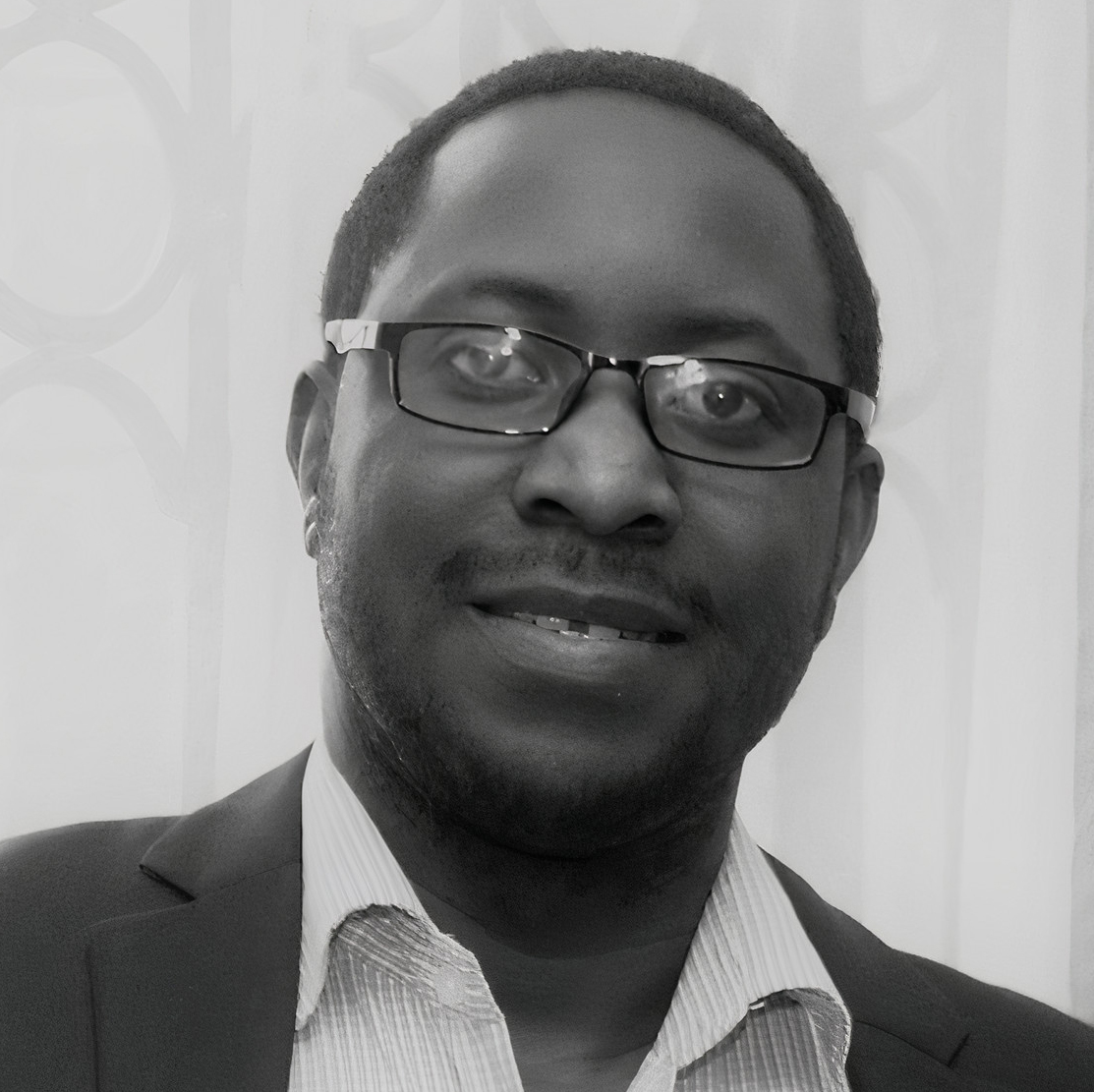
Africa’s population has just passed one billion and is due to double by 2050. Food insecurity is rapidly increasing at the same time; agriculture is mostly rain-fed and highly vulnerable to drought, floods, heat and cold extremes, and other conditions that are growing more severe with climate change.
The practice of climate–smart agriculture (CSA) incorporates a combination of policy, technology, and financing aimed at mitigating climate change and increasing food production. Missio Invest is seeing the value of making investments in agricultural enterprises that apply new natural resource-saving technologies. Central to the approach, as well, is the need to reduce inequality when it comes to the distribution of resources.
In south central Uganda, the Katigondo Seminary farm, which received a loan from Missio Invest in 2017, has been at the forefront of using CSA to bring sustainable food production and income-generating opportunities to support both the seminary and the surrounding community outside the city of Masaka. Project leader Fr. Herman received the Best Uganda Best Farmers Award 2019 under the Vision Group Competition for the seminary farm’s approach to sustainable agriculture.
The Masaka district has suffered from decreased rainfall and prolonged periods of drought in recent years, and the blazing sun and hot temperatures have left many crops and water supplies dried out. Like its neighboring countries in East Africa, Uganda has suffered from the worst locust outbreak in decades this year. Yet as in most of sub-Saharan Africa, agriculture is a major contributor to the country’s economy, and will be the key determinant in the country’s efforts to reduce poverty in the immediate years ahead, according to the Food and Agriculture Organization of the United Nations (FAO).
Against this challenging scenario, Fr. Herman has led the development of the Katigondo Seminary farm, which was started in 1969, into a diversified enterprise with crop farming, horticulture, and animal husbandry. Missio Invest’s loan made it possible for the farm to increase its use of available farmland from about 200 acres to 495 acres, or 90% of its total acreage, and increase yields by 100%.
Climate–smart strategies employed by the seminary farm include a 36–kilowatt solar energy system that provides lighting to the seminary, the farm, and local communities via sales of excess power into the grid. A 72,000-litre capacity underground tank was also installed to harvest rainwater for farm use. A piping system collects liquid manure from the pig house, mixes it with water in a 48,000-litre capacity tank, then directs the water through trenches dug in the 62-acre banana plantation. The trench network helps control soil erosion and water diversion, and collects three tons of pig, cattle and poultry droppings every week, which become organic fertilizer for the banana and coffee plantations. The farm has also planted 20 acres of trees, a key factor in preserving the environment and carrying out Fr. Herman’s plan to have a fully biodynamic farm.
Fr. Herman has also had an eye on how the farm can train future leaders who will teach climate-smart techniques across the country. Many of the 80 to 100 seminarians who are graduated from Katigondo each year go on to manage land resources, and the farm’s workforce has grown from 19 farmworkers to 90 since 2017. Just as important, neighboring schools are sending students to the farm to learn CSA techniques.
This is also Missio Invest’s goal with every agribusiness it finances; that it will train students and neighbors who will use their knowledge to help develop other sustainable enterprises. Technology is important in farming, but the most critical element of success is human capital—people making sound decisions on a day-to-day basis, and learning lessons that become building blocks in boosting the local economy and fighting the worst effects of climate change in the area. Today, Katigondo’s seminarians and employees are learning what it takes to make food production more resilient against the vagaries of climate change, while also farming in a way that regenerates local biodiversity and natural systems.